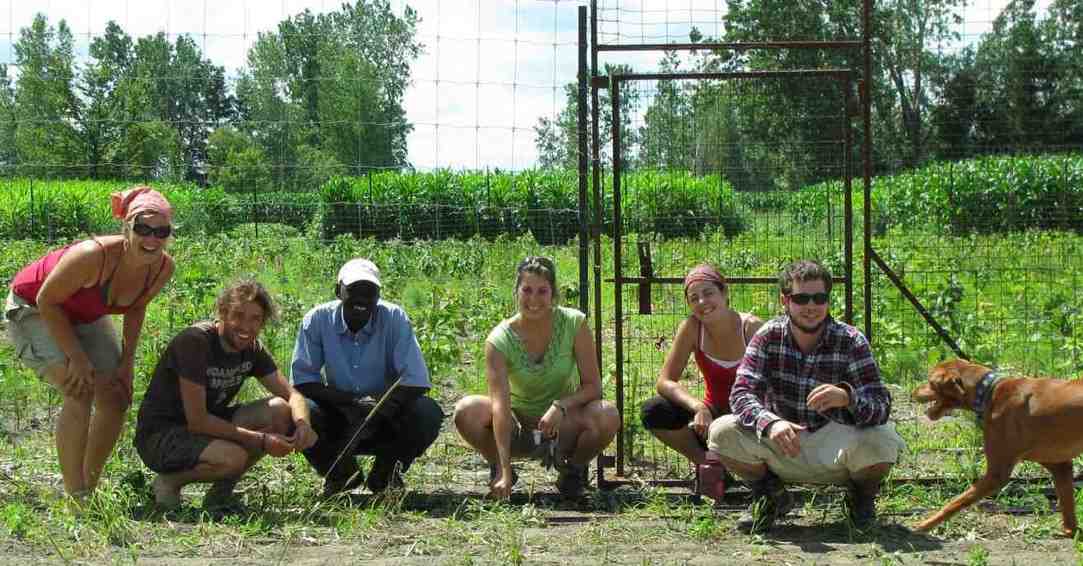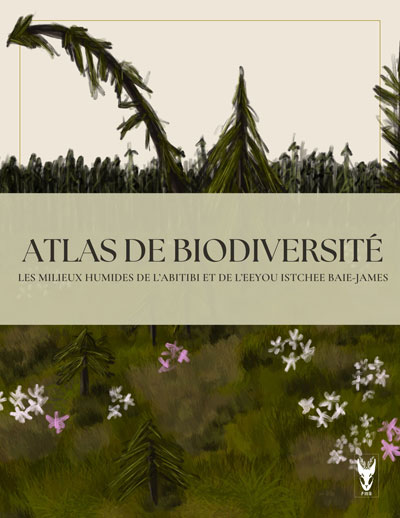
Cornelia Marie Garbe
Ancienne étudiante au doctorat
Biodiversity and Ecosystem Functioning
Université du Québec à Montréal
Directeur: Christian Messier
Codirecteur: Alain Paquette
EDUCATION
- M.Sc. Plant Ecology - University of Basel, Switzerland (2007).
- B.Sc. International Forest Ecosystem Managment - University of Applied Sciences of Eberswalde, Germany (2005).
RESEARCH PROJECT
The considerable and accelerating loss of biodiversity within the last decades have provoked substantial effort in the search for possible effects of biodiversity on ecosystem processes framing the question: “How does biodiversity (or the loss thereof) affect the functioning (e.g. productivity or stability) of an ecosystem?” Initial research on this topic measured diversity in terms of species numbers and focused on herbaceous plant communities. It has been shown that productivity and stability generally increase with diversity but it remains largely unclear which mechanisms underlie these relationships. So far, two main mechanisms have been proposed: selection effect (greater probability of highly productive species with greater diversity) and complementary resource use (more efficient use of resources with greater diversity due to complementing niches). In search for a mechanistic understanding of the diversity-functioning relationship, measuring diversity not in numbers of species but as the diversity of their traits (functional diversity) seems a promising path because it links species with the functional role they play or the niche they occupy in the ecosystem. Preliminary results of this emerging framework suggest that ecosystem processes depend on functional diversity far more strongly than on species diversity per se (Diaz et Cabido, Trends in Ecology and Evolution 2001). However, despite the ecological and socioeconomic importance of forest ecosystems, woody species were largely excluded from these early experiments. It remains unexplored whether causal relationships between biodiversity and ecological processes exist in forests in manners similar to those found in other ecosystems.
Objective: The aim of this study is o elucidate the diversity-functioning relationship in tree communities and applying novel integrative approaches. This will be achieved by simultaneously testing the explanatory power of different indices of diversity (species numbers and functional diversity) as well as examining the underlying mechanisms by explicitly testing for complementarity. I will also examine below ground interactions, a virtually unexplored but likely mechanism of complementarity resource use. An understanding of how ecosystems function is vital in guiding human use of natural resources. This study will thus supply necessary and innovative information for decision makers in forest management, conservation and legislation.
Methods: In 2009, we planted 15.000 trees in communities of different diversity on the western end of the island of Montreal. To assess changes in ecosystem functioning measures will include parameters of processes such as biomass accumulation, nutrient exploitation, morphological and architectural changes (of particularly fine roots).











